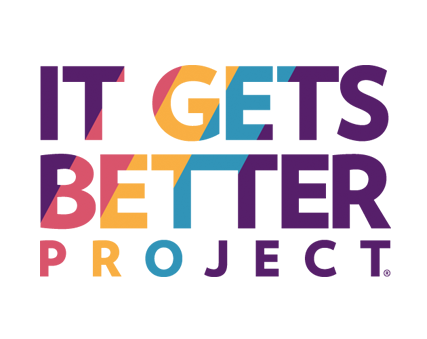 It can be hard to get kids to agree to see a psychologist or a psychiatrist. In fact this is a common stumbling block for many parents of teenagers struggling with anything from anxiety to ADHD, depression, or an eating disorder. Adolescents need to want to get better, and be willing to work with someone to make that happen. For treatment to work kids need to buy into it, at least a little.
It can be hard to get kids to agree to see a psychologist or a psychiatrist. In fact this is a common stumbling block for many parents of teenagers struggling with anything from anxiety to ADHD, depression, or an eating disorder. Adolescents need to want to get better, and be willing to work with someone to make that happen. For treatment to work kids need to buy into it, at least a little.
So it is important to get to the bottom of why kids are being resistant and try to change their minds.
Understanding the reason or reasons your child has for being resistant will help you tailor how you respond. As parents of teens know, convincing older kids to do something they don’t want to do is difficult, to say the least. That’s because teens are growing up, which means they want — and, developmentally speaking, they need — to have more control and independence.
Frame it differently
The way you frame treatment is important. There is sometimes an unfair bias against getting help for mental health issues.
For reluctant patients, psychologist Jerry Bubrick sometimes likens therapy to working with a coach: “Even professional basketball players need coaches to learn new strategies, learn new skills, think about different ways to succeed. Your son can do therapy to learn these skills and practice them over and over, and eventually he won’t need the coach anymore.”
Focus on your teen’s priorities
Sometimes teens will disagree that they have a problem, or think that what they are struggling with is a part of them that can’t or shouldn’t be treated.
When kids think that they can’t get better it is sometimes a symptom of their disorder. For example when kids are depressed it affects how they think, so they might not be able to imagine feeling better. Kids can also start identifying with their disorder and even find comfort in it, so the idea of getting treatment can actually be scary.
When kids don’t think they have a problem or are ambivalent about what treatment can do for them, psychologist David Anderson recommends starting by asking the teen what he wants to get out of it — not what you or his teachers or anyone else wants. Then we can outline how the things he’s motivated toward might be achieved in our work together.”
Find the right doctor
It is important to find a treatment provider who is a good match for your child’s personality. If she doesn’t like or respect the person that she’s working with, or thinks she can outsmart him, it isn’t going to be a good fit.
Although it’s very frustrating, you may need to keep looking until you find the right person for your teen. Sometimes parents decide to come in first themselves, without their child, to meet the clinician and ask some questions (a good one is how she would approach working with a reluctant teen). Clinicians should also have good pointers on what you can be doing at home to help.
Don’t give up
If your child says no the first time you talk about starting treatment, keep trying. Use the strategies above and try asking clinicians what they would recommend.
It’s also important to continue making an effort to listen to how your teen is feeling and what he thinks he needs. Important things usually aren’t settled in one conversation. Progress may come gradually.
Excerpted from “Helping Resistant Teens Into Treatment” from Child Mind Institute. Read the full article online.
Source: Child Mind Institute | Helping Resistant Teens Into Treatment, https://childmind.org/article/helping-resistant-teens-into-treatment | © 2021 Child Mind Institute, Inc.
A screening can help you determine if you or someone you care about should contact a mental health professional. Care Managers can arrange a free 30-minute Care Consultation so you can explore options with an expert. Call or email our Care Managers at 650.688.3625 or careteam@chconline.org to set up an initial Consultation appointment.





